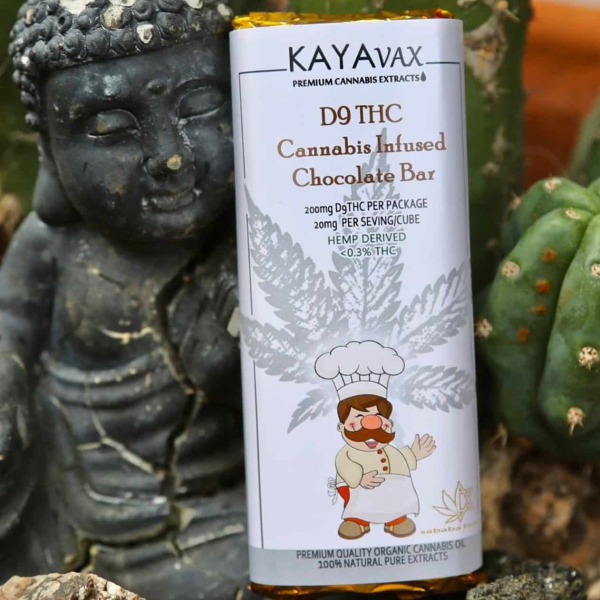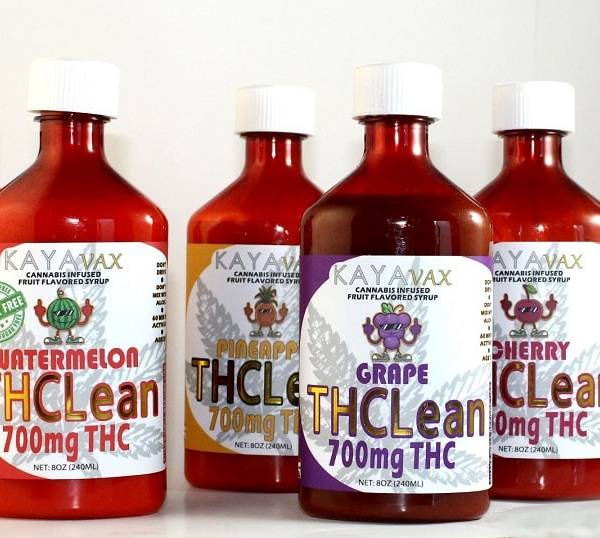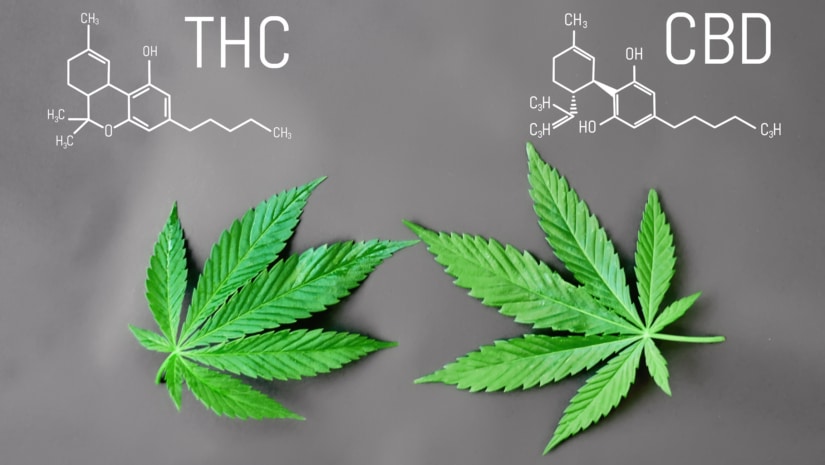Delta-9 tetrahydrocannabinol (THC) extracted from hemp is a chemical present in hemp plants that has garnered prominence due to its potential health advantages. Unlike THC derived from marijuana, which is still illegal under federal law in the United States, THC derived from hemp is permitted under certain conditions. In this post, we’ll look at what hemp-derived THC is, how it’s created, its advantages, and the rules that govern its use in the United States.
What exactly is Delta-9 THC derived from hemp?
Hemp-derived THC is a kind of THC obtained from hemp plants. Hemp is a cannabis plant variant that contains less than 0.3% THC, making it legal under federal law. THC derived from hemp plants is often referred to as “delta-9 THC” to differentiate it from THC derived from marijuana.
What is the composition of Delta-9 THC?
THC derived from hemp plants is produced by extracting the chemical from hemp plants’ flowers, leaves, and stems. The most common method of extraction is to remove THC from plant material using solvents such as ethanol or CO2. The extracted compound is then subjected to additional processing to isolate the THC.
What are the benefits of Delta-9 THC?
THC derived from hemp is regarded to have a number of potential health benefits, including:
THC is widely used for relieving chronic pain due of its anti-inflammatory effects.
THC has been shown to reduce anxiety and enhance relaxation.
THC has been shown to improve sleep quality and reduce insomnia.
What is the Law for Hemp Derived Delta-9 THC in the USA?
Under the 2018 Farm Bill, hemp-derived THC is legal in the United States as long as it contains less than 0.3% THC. However, the legality of hemp-derived THC varies from state to state. Some states have legalized the use of hemp-derived THC for medical purposes, while others have legalized it for recreational use. It’s important to check your state’s laws before using hemp-derived THC.
In conclusion, hemp-derived THC is a legal and potentially beneficial compound that is extracted from hemp plants. It’s important to understand the laws surrounding its use in your state and to consult with a healthcare professional before using it for any medical purposes.











